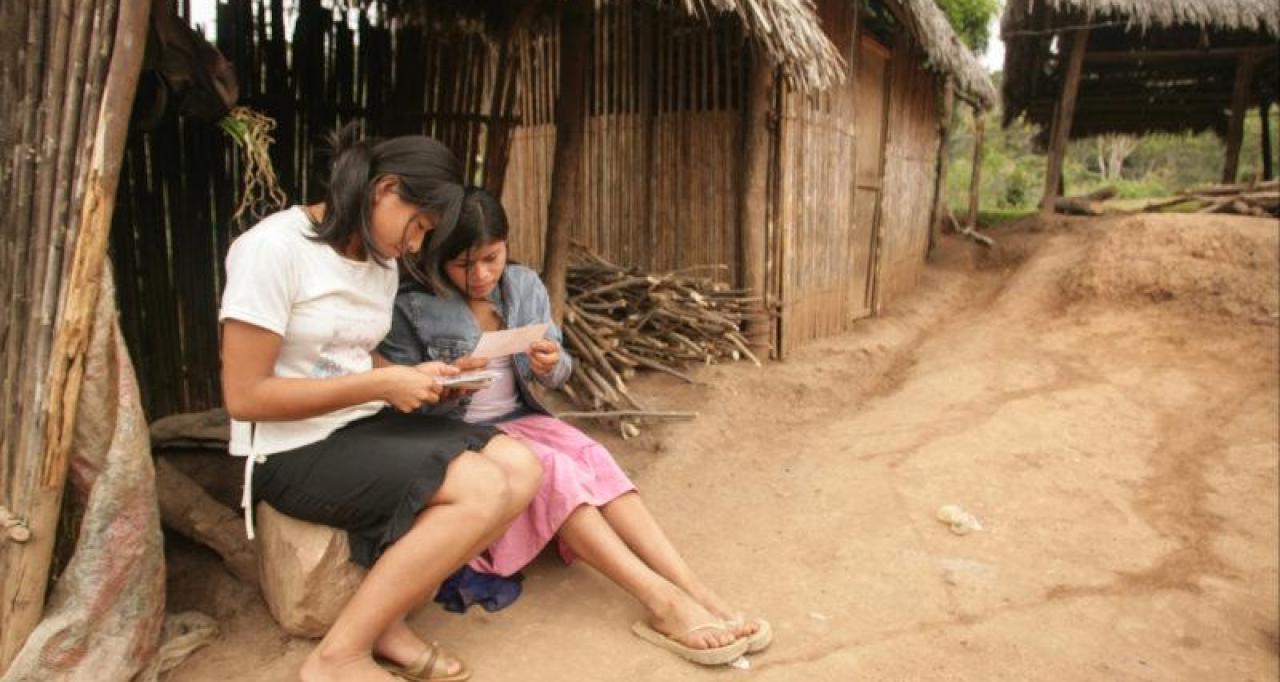Quality education is a crucial tool for improving the prospects of higher income levels for individuals, and for the economic…
Six research projects were chosen for the first “Southern Voice on the State of the Sustainable Development Goals” (SVSS) report.
Today we present the proposed research by GRADE Peru (Group for the Analysis of Development), titled:
“Poor education and precarious jobs in Peru: Understanding who is left behind and why?”
Southern Voice (SV): Why did you choose this topic for your SVSS research?
GRADE: While Peru has experienced substantial levels of economic growth and poverty reduction, these advances have not been equally distributed. Large levels of heterogeneity in access to quality education and decent jobs are leading to widening inequalities. These affect mostly disadvantaged groups, in particular youth, women, and indigenous peoples.
Peruvian youth, for instance, continues to face tremendous challenges in both quality of education and access to decent work. In terms of education, Peru obtained the worst scores of the region in PISA assessments. In the labour market, 4 out of 5 employed young people work in the informal sector. Understanding the obstacles these groups face is necessary in order to design and implement policies that help overcome these challenges. GRADE aims to do this through SVSS research, by creating a profile of the disadvantaged (the ones “left behind”) and identifying the drivers of their negative outcomes in terms of education and employment.
SV: What do you expect the contribution of the research to be on the SDGs you chose?
GRADE: We will focus on two interrelated themes: SDG 4 (Quality Education) and SDG 8 (Decent Work and Economic Growth). Both SDGs are particularly relevant for our country. Poor education is affecting productivity. It is a bottleneck to adequate employment in Peru. Thus, understanding the relationship between poor education and labour precariousness is particularly important for achieving SDG targets. Research on the effects of access to education on employment conditions is abundant. But the effects of basic education quality on labour opportunities remain an elusive black box in Peru. The Peruvian case study aims to contribute to our understanding of these effects. We will analyse standardized testing databases to observe how education quality can be a determinant of labour conditions, particularly for disadvantaged groups. We also hope the study will contribute towards a definition of youth labour vulnerability. This pertains particularly to Peru. Here, unemployment and NEET (Not in employment, education or training) rates are relatively low, with the young instead accessing precarious and badly paid jobs.
In general, the rise of precarious employment in countries of the southern hemisphere suggests that an increasing number of people is at risk of experiencing vulnerable transitions into adulthood. By identifying whom the disadvantaged are, this study will contribute to the design of policies that target the vulnerable in an adequate manner. Understanding the determinants of their poor livelihoods is crucial to ensuring the successful delivery of SDG 4 and SDG 8.
SV: How do you expect the results of your research to influence the discussion in your country on the SDGs of your project?
GRADE: Our study has the potential to kindle important discussions in Peru about the 2030 Agenda. It has the potential to shed light on the heterogeneity of results to SDG implementation and the realities of those left behind. Peru is emerging from a decade-long cycle of successful economic growth. Political and media-related circles tend to celebrate Peru´s poverty decreases, booming economy, and successful meeting of SDG targets. They forget, however, that large sectors of the population have not equally benefited from that growth. By focusing on the ones left behind, we hope to return the attention to groups still trapped in cycles of instability and insecurity.
The team at GRADE will disseminate the results through publications, presentations, and social media posts. We hope to open spaces where policymakers, academics, and civil society can be made aware of the reality of the left behind. These discussions can help ensure that these groups are considered by SDG-related policies and practices.
About the SVSS project
The Southern Voice “State of the SDGs” initiative will provide evidence-based analysis and recommendations to improve the delivery of the Sustainable Development Goals (SDGs). As a collaborative initiative, the program will compile a broad range of perspectives that are usually missing from international debates. The aim of this report is to fill an existing knowledge gap. Southern Voice is confident that it will enrich the discussions on the SDGs and level the playfield with new voices from the Global South.
About GRADE
 We are a Peruvian private non-profit research centre with no political affiliation. Our mission is to develop applied research. The aim is to stimulate and enrich the debate, design, implementation, and evaluation of public policy in the field of development. GRADE’s researchers carry out rigorous economic, educational, environmental and social studies in areas relevant for the development of Peru and other countries in the Global South. Through our publications, workshops, and advisory tasks we help building bridges between evidence based academic research and policy making.
We are a Peruvian private non-profit research centre with no political affiliation. Our mission is to develop applied research. The aim is to stimulate and enrich the debate, design, implementation, and evaluation of public policy in the field of development. GRADE’s researchers carry out rigorous economic, educational, environmental and social studies in areas relevant for the development of Peru and other countries in the Global South. Through our publications, workshops, and advisory tasks we help building bridges between evidence based academic research and policy making.
Text editor: Gabriela Keseberg Dávalos


